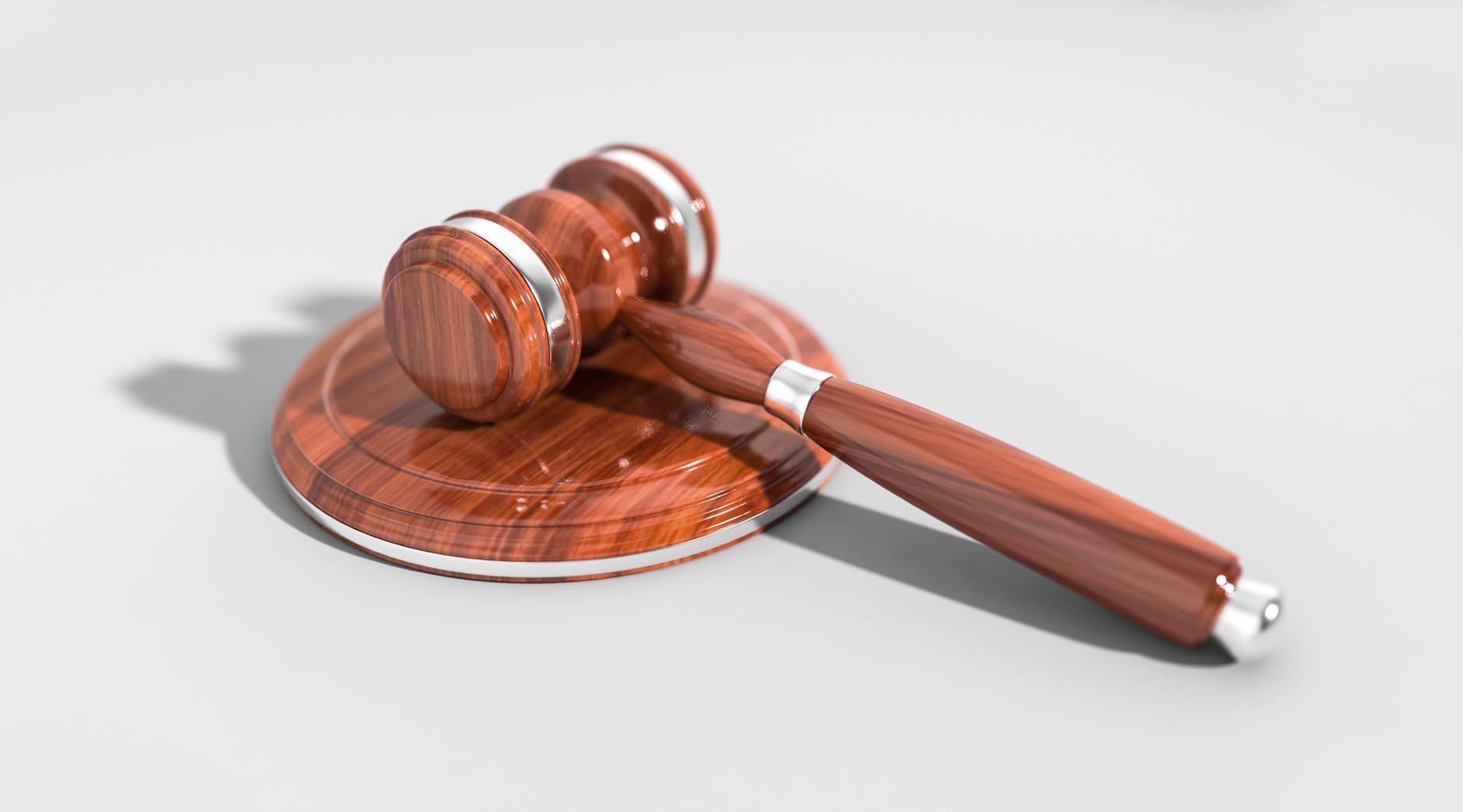
Knowing what personal bankruptcy is means knowing about the existing laws that are applicable in a specific country.
The United States, for example, is the only country in the world that accepts the status of an individual, or business corporation in a state of personal bankruptcy and legally allows the filing of bankruptcy based on specific qualifications.
In other countries, the US legal system on bankruptcy would not apply. Under the U.S. Constitution, two types of bankruptcy may apply to US citizens: The first is you can discharge a part or all of your debt based on a payment plan. The second, you can have all of your debt repaid after you pay some of the debt using your liquid assets.
Liquid assets are assets that you can easily convert into cash. These could come in the form of a saving account, a checking account with cash deposits or precious items like gold, silver, diamonds and other types of jewelry.
To qualify for bankruptcy, you must be able to prove that your average income is less than the average family income of the US state where you are living. The proof is known as a means test. Persons who fail the test and do not qualify can get advice from a credit counseling agency by the US government.
Once an individual qualifies and files for bankruptcy, the person will also be required to submit a plan to repay creditors to the court and begin to make payments to the court even if the program is still in the process of being approved. The court will then turn over the payments to the bankrupt person’s creditors.
The US Bankruptcy Code has set limits of not more than $922,975 in secured debt and $307,675 in unsecured debt.
In Canada, the person who files for bankruptcy will be required to assign all assets to a trustee in bankruptcy to enable the person to eliminate his unsecured debts. Some provinces allow bankrupt persons to keep personal assets like furniture, clothing, and motor vehicles.
In Israel, under the 1980 Bankruptcy Ordinance, both the debtors and creditors may apply to the court for bankruptcy. It usually takes years for the court to decide.
Why should one avoid bankruptcy? First being bankrupt is not a good for your one’s image especially if one is engaged in business. Your credibility as a businessman will significantly erode once your clients have learned that you have filed for bankruptcy.
Second, it is quite expensive and time-consuming to undertake the process of bankruptcy. You will have to hire a lawyer, and possibly an accountant to assist you in the filing of bankruptcy. Both entail sustained expenditures over time, and this could even add up to your being bankrupt.
Since bankruptcy is a form of insolvency, your assets like your house, car, savings could be used to pay off all or a part of your debt, and this could even make you harder to make additional payments once all your liquid and non-liquid assets are gone.
Even if you can make a fresh start, you will still be facing certain restrictions which could make it difficult for you to gain the confidence of new creditors.
